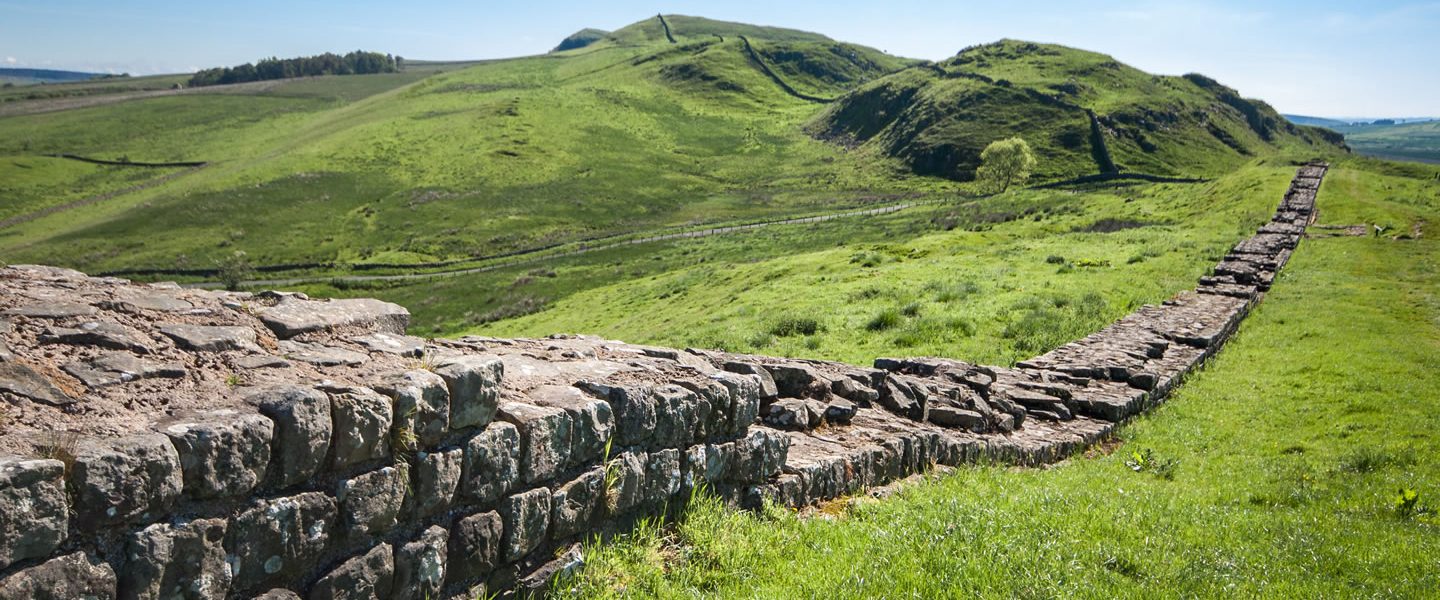Picture this: the windswept landscape of ancient Caledonia, wild and untamed. A place where the earth rises and falls like the breath of a sleeping giant, where the trees whisper secrets to the sky, and where the rivers run as cold and pure as the souls of the people who called this land home. Here, in this rugged terrain, the Roman Empire—masters of the known world—met their match.
The Antonine Wall, a testament to Roman ambition, cuts a line across Scotland’s central belt. Less celebrated than its southern cousin, Hadrian’s Wall, this turf-and-timber frontier was meant to mark the empire’s northern boundary, to keep the painted tribes of the Picts at bay. But the Romans underestimated the land—and the people they sought to tame.
A Wall for an Empire’s Pride
When Emperor Antoninus Pius ordered the wall’s construction in AD 142, it was a bold proclamation of power. Stretching 39 miles from the Firth of Clyde to the Firth of Forth, it was more than a barrier; it was a statement. “Here,” it seemed to say, “is the edge of the world. Beyond this line lies chaos.”
Yet for all their engineering genius, the Romans were strangers here. The wall was built quickly, but it was not built to last. Made of turf piled atop a stone foundation, it lacked the permanence of Hadrian’s Wall. And while it bristled with forts and watchtowers, its real weakness was the relentless spirit of those who lived beyond it.
The Picts: Guardians of the North
The Picts—“the painted ones”—were no mere barbarians. They were warriors, poets, and mystics, bound to the rhythms of the land. They tattooed their skin with swirling patterns that mirrored the wind and waves, as if declaring their oneness with the earth. These were a people who could melt into the forests and moors, striking without warning and vanishing like smoke.
To the Romans, the Picts were shadows, a constant thorn in their side. They did not fight in straight lines or ordered ranks; they fought with the land, as part of it. Their weapons were not just their swords and spears but their knowledge of every crag and glen, every hidden path and rushing stream. The Picts were the land, and the land could not be conquered.
The Struggle for the Wall
Life along the Antonine Wall was hard. The Roman soldiers stationed there were far from the warm sun of Italy, far from the comforts of home. The cold winds of Caledonia seeped into their bones, and the rain seemed never to end. Meanwhile, the Picts watched, waiting for their moment.
The battles were not like those of the Mediterranean, where legions clashed in grand formations. Here, the fighting was brutal, chaotic. The Picts raided forts, ambushed supply lines, and harried the Romans at every turn. They struck in the night, their war cries echoing across the hills, then disappeared into the mist.
The wall, meant to secure the frontier, became a burden. It demanded constant upkeep and defense, draining resources from an empire already stretched thin. By the 160s AD, the Romans abandoned the Antonine Wall, retreating south to Hadrian’s Wall. It was a quiet surrender, an acknowledgment that some places—and some people—could not be subdued.
A Legacy of Resistance
The Antonine Wall stands today as a scar upon the landscape, a reminder of a clash between worlds. Its ruins are humble, overgrown with grass and moss, but they speak of a time when Rome, the greatest power of its age, was held at bay.
And the Picts? Their story is written not in stone but in spirit. They are the ancestors of a nation that has always valued freedom, that has always resisted domination. Their defiance echoes through the centuries, in the songs sung by firesides, in the tales told of brave hearts and unconquerable souls.
This is not just a story of walls and battles. It is a story of identity, of the unyielding bond between a people and their land. For the Picts, the land was not something to be owned or ruled; it was a living, breathing part of them. And so, when the Romans came with their walls and their ambitions, they were not just fighting men—they were fighting an idea. An idea that no empire, no matter how powerful, could own the spirit of the north.
So walk the line of the Antonine Wall, if you can. Stand in the shadow of its crumbled ramparts, feel the wind on your face, and listen. You might just hear the whispers of the past, the faint echo of Pictish voices, still defiant, still free.

